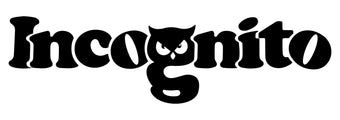Prăjitorie de cafea
Cafeaua specială reflectă caracterul unic al regiunii în care a fost recoltată și o manipulăm cu grijă și delicatețe.
Ne propunem întotdeauna să-i permitem să-și exprime pe deplin aromele originale, iar rolul nostru este să-i amplificăm gustul fără a-i distorsiona esența naturală.
Așadar, pe lângă procesul de prăjire, alegerea unei cafele de calitate este foarte importantă. La Incognito, facem o selecție riguroasă a celor mai bune boabe provenite din micro-plantații îngrijite de fermieri dedicați.







